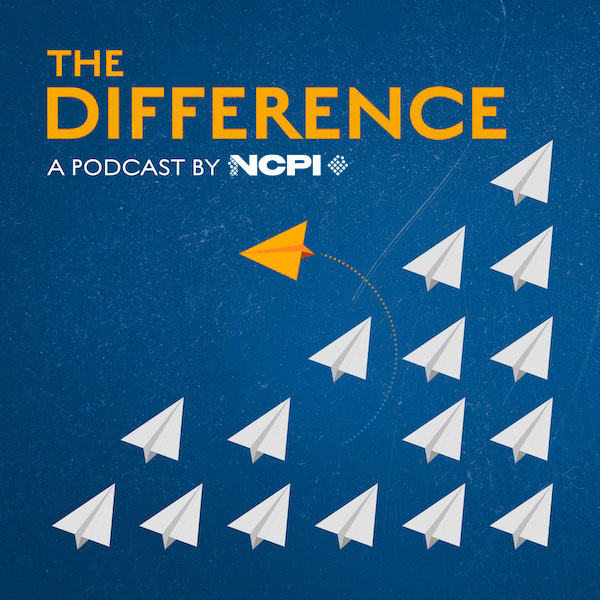“When it comes to policing, good training saves lives, period. You get out what you put in.” These words were spoken by Dallas Mayor Eric Johnson in a 2023 press conference discussing training that helped Dallas police reduce violent crime. I came across this quote as part of research for this year’s grant proposals that Lynda Schwartz, NCPI’s Executive Director, is currently devoting every waking moment to preparing and submitting ahead of some very short deadlines (more on that process in a future post). Although that particular grant proposal has been long submitted, this quote has stuck with me. I think it has because, in my opinion, it is a powerful insight into police training in three parts. Please bear with me as I break down the quote and make my case:
Part 1: “When it comes to policing…”
Here is the context –what we are talking about. This part of the statement gives the entire quote its weight and significance. Why? Because policing is a concern for just about EVERYONE. If you live in society, the state of policing will, either directly or indirectly, impact you. It impacts some people every day, others on occasion, but everyone sometimes in some way.
Part 3: “…You get out what you put in.”
Here is the challenging part, the part that no one really wants to talk about. “Good training” is only as good as the commitment that goes into creating it and consuming it. The harsh reality is that effective training is extremely hard work. It is expensive and time-consuming to create and often a real challenge for practitioners to access. This is challenging because we all know it, at least on some level, but it is very tempting to try to find a way around this reality.
Put parts 1, 2, and 3 together and you get this insight that is both obvious and profound: police training impacts everyone; when done properly it can save lives; and it requires hard work without shortcuts. So, we – individuals, agencies, organizations, and entire communities – face a fork in the road when it comes to police training. The easier path is a shortcut. Imagine it as an easily traveled, downhill trek that leads to questionable training designed to simply check a box – low cost, low hassle, low impact, low improvement or worse. The other path is the no-shortcut option. This one is tough. It is doable but often a bit of an uphill trek. This path requires a commitment to investing in creating, delivering, and consuming only the “good training.” It is hard work for everyone- those developing the training and those choosing to consume it, but the potential reward is well worth the effort.
Needless to say, at NCPI we are committed to the no-shortcut option – it is literarily a commitment that we put next to our name. This commitment is why Lynda puts her life on hold every year to write grant proposals that find creative ways to bring “good training” to life. It is why our entire talented staff goes above and beyond to create content and offer services that are accessible to officers and communities that need it the most.
because in public safety, There are no shortcuts.
To learn more and access NCPI’s training follow the link below:
NCPI Connect


